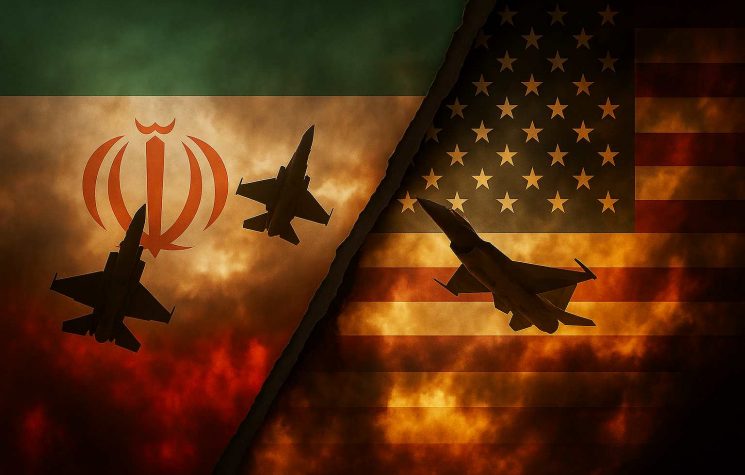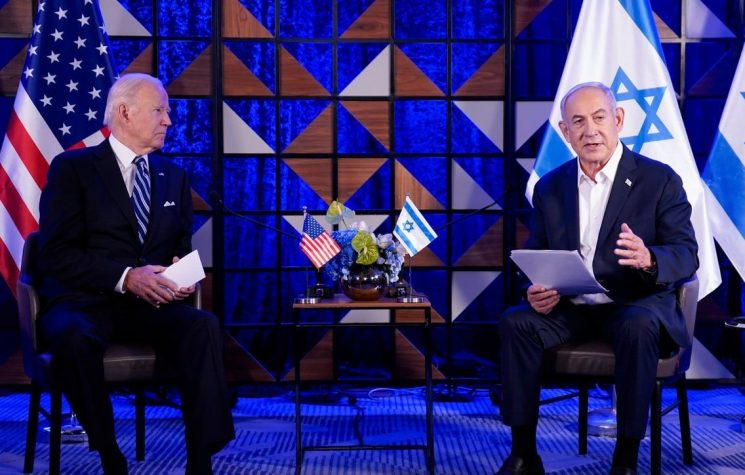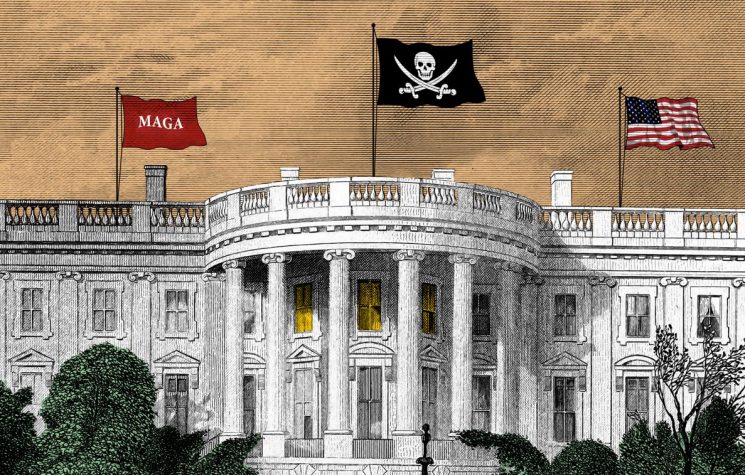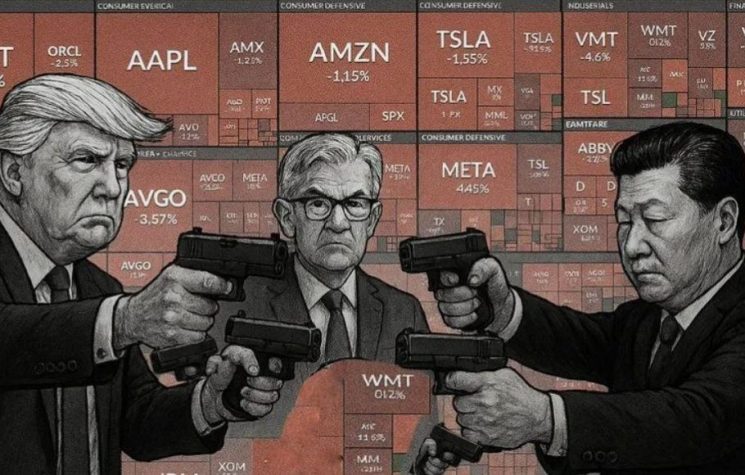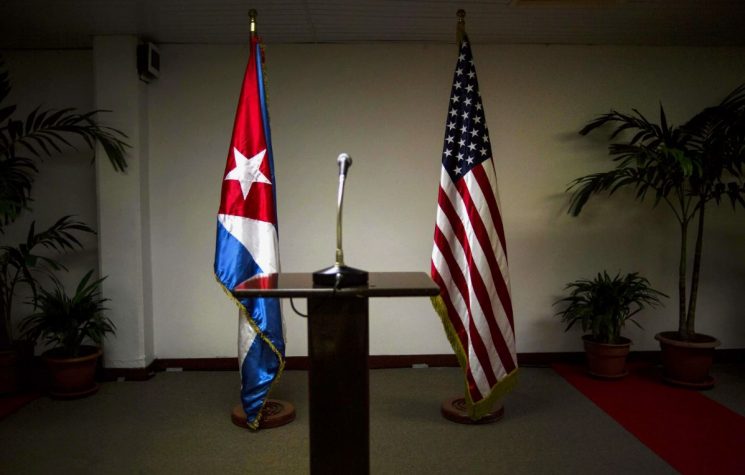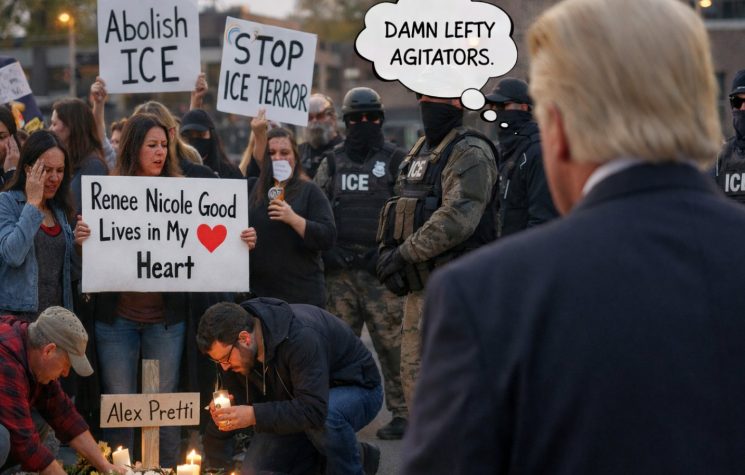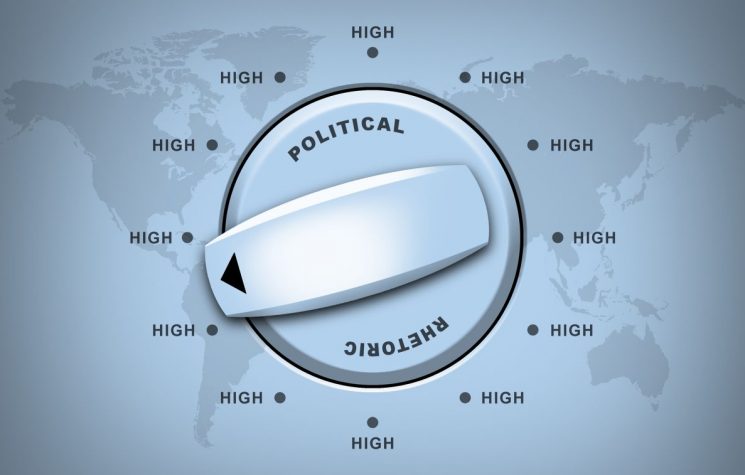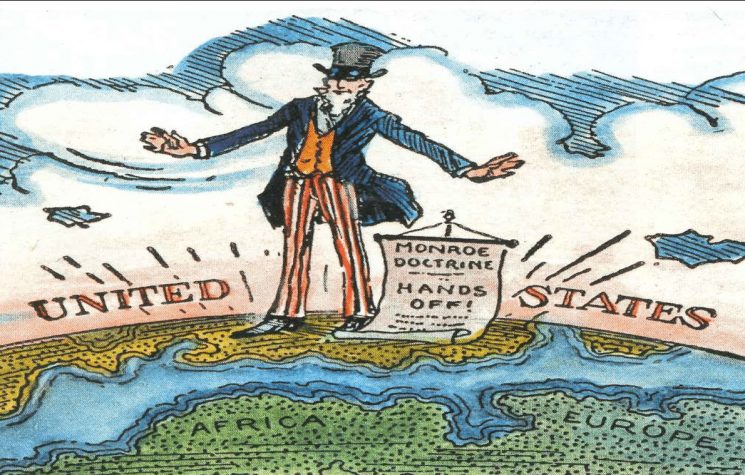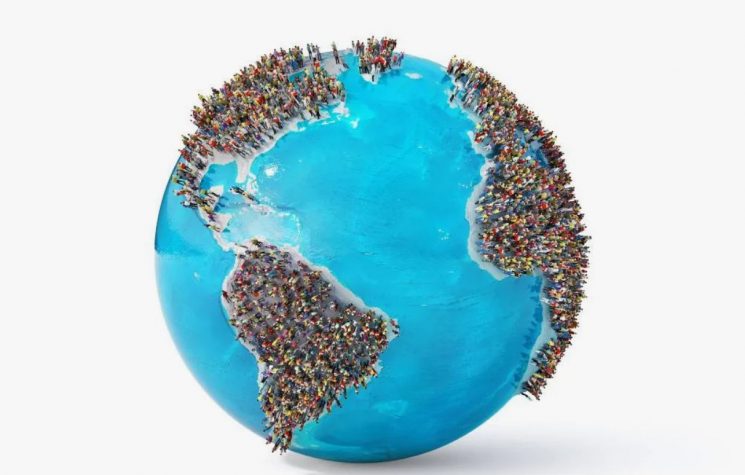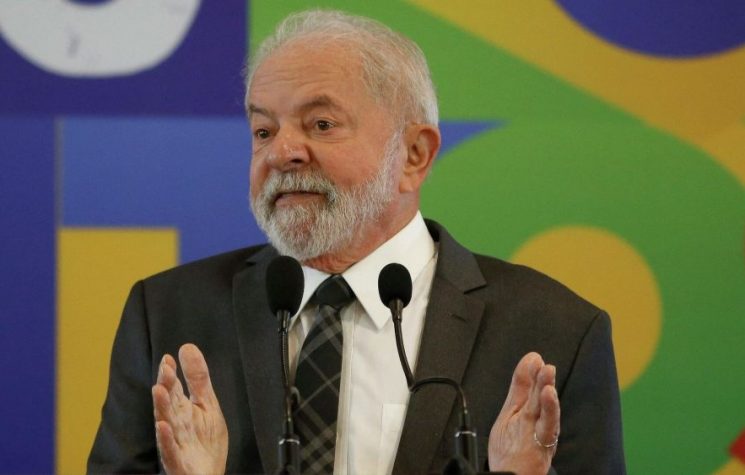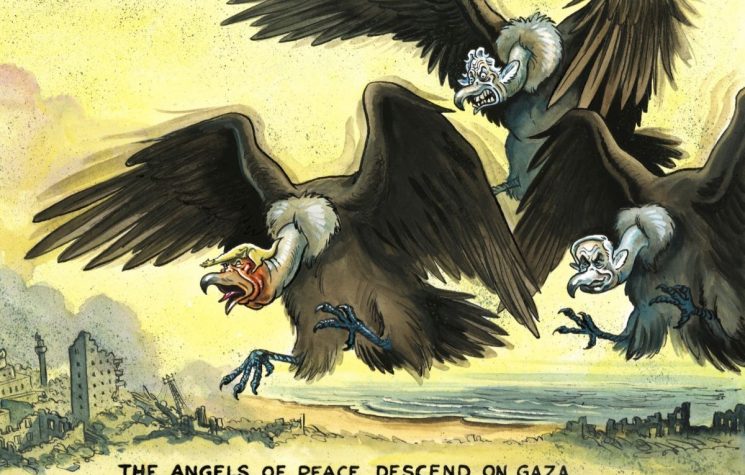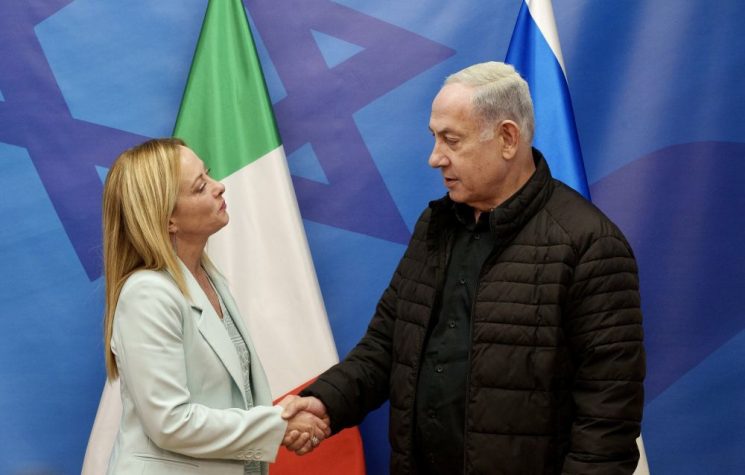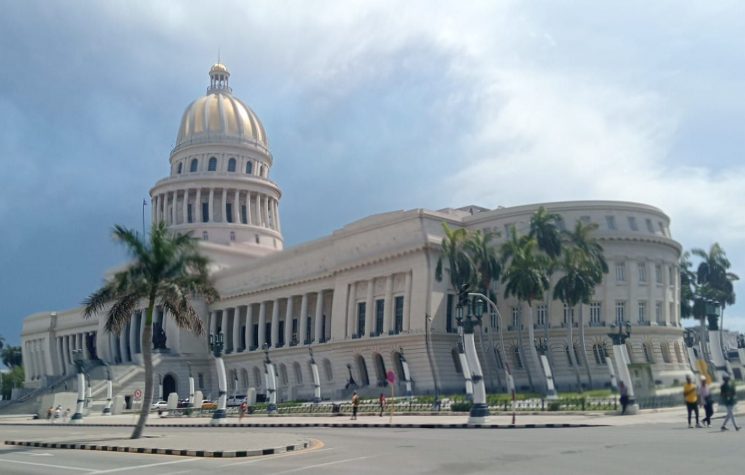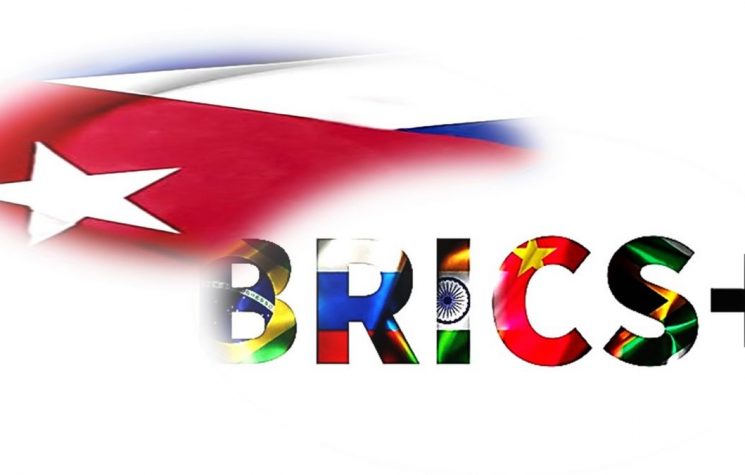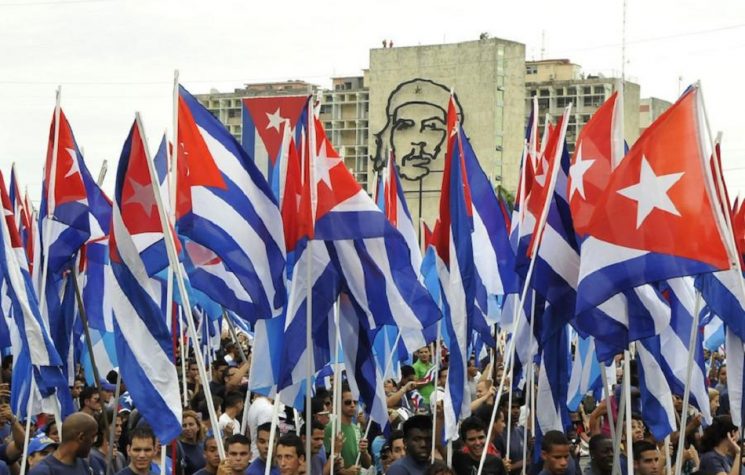If, according to the U.S., Cuba does not deserve a seat at the UNHRC, what has the U.S. done to deserve it?
Much has been said about the Biden Administration’s re-joining international institutions, after former U.S. President Donald Trump broke away from the standardised participation in international agreements and consensus. Notably, the international community singled out the U.S. under Trump for the so-called “deal of the century”, which veered away from the two-state paradigm that has steered international diplomacy on Palestine and Israel for decades.
Trump’s decision to quit the UN Human Rights Council in 2008 was described by former U.S. envoy to the UN Nikki Haley as determined by the body’s “unending hostility towards Israel.” Echoing Haley, the former U.S. Secretary of State Mike Pompeo called the council “a protector of human rights abusers.” Perhaps Pompeo had conveniently forgotten the U.S.’s own track record of backing military coups which disappeared tens of thousands of political opponents. The same goes for the correlation between U.S. financial aid and human rights abuses – the countries which benefit from U.S. aid uphold similar political trajectories to the U.S.
Not much difference has been articulated in terms of U.S. President Joe Biden deciding to re-join the UNHRC in 2022. U.S. Secretary of State Ned Price stated his “concerns” about the organisation. “We will vigorously oppose the council’s disproportionate attention on Israel, which includes the council’s only standing agenda item targeting a single country.” The Trump administration’s departure from the international community was based on the same alleged premise.
Agenda Item 7, which focuses upon Israel’s violations, is a permanent fixture at the UNHRC and the source of much criticism and allegations of “anti-Israel bias” – a term popularised during the Trump era and extended now through the Biden administration. At the UN General Assembly, Israeli Prime Minister Naftali Bennett also accused the body of being anti-Israel and the U.S.’s return to the international fold as working in Israel’s benefit.
The UNHRC is just as farcical as the UN. Whether the U.S. re-joins or decides to boycott, nothing changes in terms of human rights violations. A U.S. seat on the UNHRC will not alter Biden’s foreign policy, nor will it impede the U.S. from warfare and violence. In 2020, the U.S. military spending increased by 4.4 percent from 2019, according to the Stockholm International Peace Research Institute. The U.S. is the largest military spender globally, making up 39 percent of the global expenditure in 2020. Anyone rejoicing at the U.S. decision to re-join the UNHRC might do well to consider the political violence it is applauding.
Neither Trump nor Biden have portrayed a stance based on human rights values. The same can be said for previous administrations. However, much has been lost in terms of the significance with which Trump exposed and applied U.S. foreign policy.
As long as international institutions exist, and human rights rhetoric remains the only threshold in terms of purported accountability, the mainstream narrative will not take stock of the fact that the U.S., like international organisations, operates from within a manipulation of the human rights and democratic framework. The result is a cycle of violations which are then isolated in terms of the oppressed and the oppressor, to forge a collective concern about human rights. Having a few permanent scapegoats, such as Cuba, for example, which has faced decades of dead-end international support against the U.S. illegal blockade, allows the U.S. to preside over the democratic debacle, even as it annihilates democratic expression throughout the world.
With or without the U.S., the human rights debacle will continue unabated. If, according to the U.S., Cuba does not deserve a seat at the UNHRC, what has the U.S. done to deserve it? In the same vein, given the U.S. inclusion, what values is the UNHRC seeking to impart?










